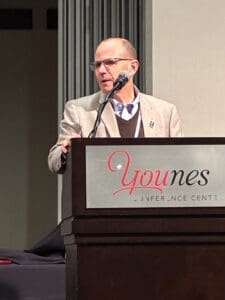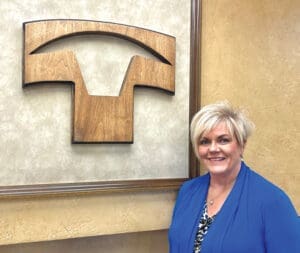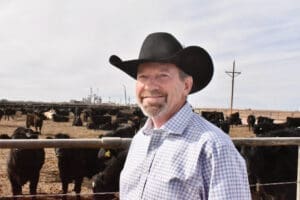By Chris McClure, Contributing Editor
It seems for years that kids have been caught up in the latest trend whether it is the brand of basketball shoes, the music they listen to, or some other fad that comes along and captures their attention. I never was much on the current fashion and it probably wouldn’t have mattered if I was because my folks weren’t going to buy it for me and I was too tight with the money I earned myself.
Trends, fashions, fads – they are part of life for most people. Muscle cars were the “must have” for most of us in rural America, but a BMW or Mercedes was the status symbol for city folks. The thing is, they were just a way to say, “Look at me, I’ve made it.” There really was no economic necessity for any of it.
The development of “boutique” business models has been a growing trend for some years in the cattle industry. It seemed to run parallel to the movement toward consolidation, which is epitomized by the “corporate” model emphasizing “cookie-cutter” repeatability. The “boutique” model is built around customization to fit a niche, whereas the “corporate” model is all about efficiency in production. Both were and are attempts to put more dollars on the bottom line. Sometimes they work well and at other times they are not replicable.
I think both approaches are rooted in the concept that we need to be bigger in order to achieve market success. Okay, I know “boutique” doesn’t sound like bigger, but if you consider that the big fish in a little pond is a BIG fish to others in that pond, the point could be made that the successful “boutique” feeder is “big” from – in the words of Obi Wan Kenobi – a certain point of view.
Finding our niche is always a challenge – especially when we look around a see a successful model and attempt to duplicate it. That duplication becomes a trend. It builds momentum for a specific business model that may, or may not, be the pathway for our own success. Frequently it is not.
Maybe the trend that currently dominates the cattle industry from top-to-bottom is the desire to be a part of some type of alignment – or, alliance if you prefer – that creates market clout. It might be an agreement with a retailer that requires the use of specific genetics in order to qualify. I’m not certain such models are best for the industry, but they certainly increase the demand for nitrogen-filled tanks full of the genetic material from a handful of bulls.
Latching onto the coattails of the pioneers settled much of the country, but the pathway got a bit ugly at times. Pioneers – entrepreneurs – are the ones who blaze pathways into the unknown, leaving a trail of bleached skulls and broken dreams. I’m not saying that is necessarily a bad thing, but sometimes that “business model” is at such a steep cost that the only winners are the ones driving the bone wagons and picking up the remains.
What are we going to be when we grow up? Some of us spend our entire lives trying to figure that one out. Do you ever envy those rare individuals who know from a very early age exactly what they want to do when they “grow up” and live in single-minded pursuit of that dream? I suspect there are far more of us who spend our lives searching for that magic formula to success. It results in branching pathways and lots of do-overs.
When you get to the end of the day, it is likely the best that can be said is that we are all chasing some ephemeral beast that we call success, which seems to slip into a cloak of invisibility just about the time we think we have it cornered. To me, that is the current trend in the industry – but, it isn’t really current is it? We’ve all been chasing that slippery monster and he keeps changing shapes.
Could it be that the answer lies in figuring out new ways to work together? We keep telling ourselves we need to be part of something bigger, yet we have such an independent streak wired into our DNA that we find true cooperative efforts to be difficult. It always comes back to self-interest; we fear others will take advantage of us and that fear drives us apart.
For years, our consumers have been asking that we get our act together. I believe it is happening in many different ways. The key will be in realizing that our fit is unique – you can’t put two puzzle pieces in the same slot. When we figure out what we do best, we can decide where we fit in the overall picture.





